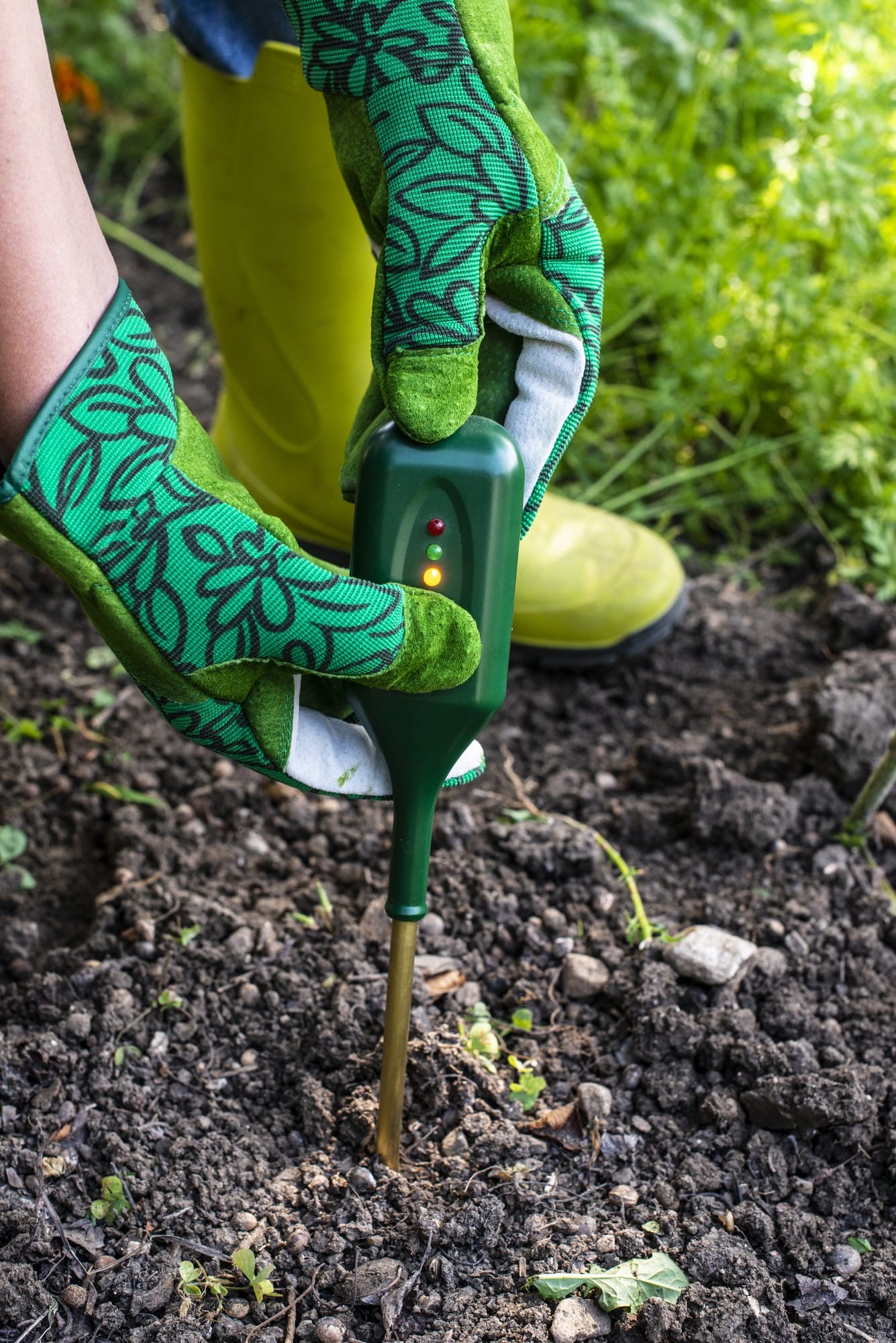Can the Use of Nitrogen in Tires Improve the Handling of a Porsche Cayman S?

The handling of a car, particularly a high-performance one like the Porsche Cayman S, can be significantly influenced by a variety of factors, including tire pressure. This article will discuss how the use of nitrogen in tires, as opposed to regular air, can affect the handling and performance of your car.
The Importance of Tire Pressure in Car Handling
Before we delve into the use of nitrogen, let’s understand the crucial role tire pressure plays in car handling. Tire pressure can significantly affect the handling, fuel economy, and overall safety of your vehicle.
In the same genre : Can You Install an Aftermarket Adaptive Suspension System in a Lexus GS for Enhanced Comfort?
Underinflated tires can cause excessive tire wear, reduced fuel efficiency, and poor handling. On the other hand, overinflated tires can lead to a harsh ride, increased risk of tire damage, and decreased traction due to the reduced contact patch.
For high-performance cars like the Porsche Cayman S, maintaining the optimal tire pressure is essential for achieving peak performance. The recommended tire pressures for the Porsche Cayman S are 29 psi (pounds per square inch) for the front tires and 36 psi for the rear tires. However, these pressures might vary based on factors such as track location, weather conditions, and the session’s nature: a casual drive or a high-speed track day.
Also to discover : How to Properly Adjust the Electronic Parking Brake on a Mercedes E-Class After Pad Replacement?
The Role of Nitrogen in Tire Pressure Management
Tires are traditionally filled with compressed air, which is composed of about 78% nitrogen, 21% oxygen, and 1% other gases. However, filling tires with pure nitrogen has gained popularity in recent years, particularly in race cars, commercial aircraft, and heavy-duty vehicles.
Why? Nitrogen has several properties that can enhance tire performance. For one, nitrogen molecules are larger than oxygen molecules, reducing the rate of pressure loss. The consistency of nitrogen reduces the tire pressure fluctuations caused by changes in temperature, providing more predictable handling and performance.
Moreover, nitrogen is a dry gas, which minimizes the potential for internal tire corrosion caused by moisture. Another advantage of nitrogen is that it doesn’t support combustion, thereby enhancing safety in the event of a tire fire.
Is Nitrogen Right for Your Porsche Cayman S?
While the benefits of nitrogen-filled tires are well-recognized, does it mean that it’s suitable for your Porsche Cayman S? The answer to this question depends on several factors.
Firstly, your driving style plays a significant role. If you regularly participate in track days, where tires can reach high temperatures, nitrogen will provide more consistent pressures and performance than regular air.
Secondly, the location where you drive is another factor to consider. If you live in an area with wide temperature fluctuations, nitrogen can help maintain consistent tire pressures, thereby improving handling.
However, if you use your Porsche Cayman S for regular, everyday driving, you might not notice any significant difference between nitrogen and air-filled tires. It’s also worth noting that nitrogen-filled tires require more maintenance and regular pressure checks than air-filled ones.
Nitrogen versus Air: The Final Reply
Many posts and discussions have been made about the pros and cons of using nitrogen versus air in tires. It’s a topic that has received much attention and debate among car enthusiasts, racers, and mechanics.
From what we can glean from these extensive conversations, it appears that while nitrogen-filled tires do have certain advantages, these benefits are more noticeable in high-performance situations.
For everyday driving, the differences between nitrogen and air-filled tires are less noticeable, and the additional cost and maintenance associated with nitrogen might not be justified.
In conclusion, the use of nitrogen in tires can potentially improve the handling of a Porsche Cayman S, particularly in high-performance, track-focused situations. However, for everyday driving, the benefits might not be as apparent, and the additional maintenance could be a deterrent for some drivers.
The key here is understanding how you use your Porsche Cayman S and weighing the potential benefits of nitrogen against its increased maintenance requirements and costs. It’s a decision that requires careful consideration and a clear understanding of both your car’s needs and your individual driving habits.
As always, it’s recommended to consult with a professional mechanic or a Porsche specialist before making any significant changes to your vehicle. They will be able to provide a more personalized reply based on their experience and knowledge, ensuring that your car receives the best possible care and attention.
Implementing Nitrogen in Your Porsche Cayman S Tires: What You Need to Know
Converting your Porsche Cayman S tires to nitrogen may sound like a daunting task, but it can be a relatively straightforward process with the right knowledge and resources. If you’ve decided to make the switch, it’s essential to understand how to properly implement nitrogen in your tires and manage the ongoing maintenance.
To start, you need to find a service provider who offers nitrogen tire filling, as not all tire shops may provide this service. This is where some research comes in handy. You could check online reviews and posts likes to gauge customer satisfaction with a particular service provider.
Once you’ve found a service provider, they will first purge your tires of normal air and then refill them with nitrogen. It’s important to note that it might take several fill and purge cycles to reach a 95% nitrogen concentration, which is considered optimal for tapping into the benefits of nitrogen-filled tires.
After your tires are filled with nitrogen, you must maintain the tire pressure consistently. Despite nitrogen tires having slower pressure loss compared to compressed air, regular checks and adjustments are still crucial. Some drivers may find the additional maintenance a bit cumbersome, but it’s a necessary step for optimizing the advantages of nitrogen-filled tires.
Remember, nitrogen-filled tires can behave differently in various weather conditions, track locations, and driving situations. For instance, if you’re a mbworld fanatic joining a high-speed race, you’ll need to adjust the pressures differently from someone using the Porsche Cayman S for everyday driving in fluctuating temperatures.
Conclusion: Nitrogen or Compressed Air for Your Porsche Cayman S?
The question of whether to use nitrogen or compressed air in your Porsche Cayman S tires largely depends on your personal driving habits and preferences. As we have established, nitrogen has its advantages, especially in high-performance situations, but it also comes with increased maintenance requirements and costs.
In high-performance settings or extreme weather conditions, nitrogen tires can offer more consistent tire pressures and improved handling. However, for average, everyday driving, the benefits may not be as noticeable, and the extra maintenance might deter some drivers. It’s all about matching the tire filling method to your individual driving style and the demands of your Porsche Cayman S.
Before you decide, remember to consider the likes received by posts advocating for one or the other, quoted originally posted experiences, front rear tire pressure differences, and the opinions of other Porsche Cayman S owners.
In the end, whether you choose to fill your Porsche Cayman S tires with nitrogen or compressed air, maintaining correct tire pressures is critical. Regular pressure checks and adjustments can greatly enhance your car’s handling, performance, and safety, regardless of the gas used.
As a final word, it’s always advisable to consult with a professional mechanic or a Porsche specialist before making any significant changes to your vehicle. They can use their expertise to provide a more personalized recommendation, ensuring your Porsche Cayman S is always performing at its best.
Remember, every decision about your car, from the air in your tires to the oil in your engine, ultimately affects its performance, handling, and the satisfaction you get from driving. So, make those decisions wisely!
